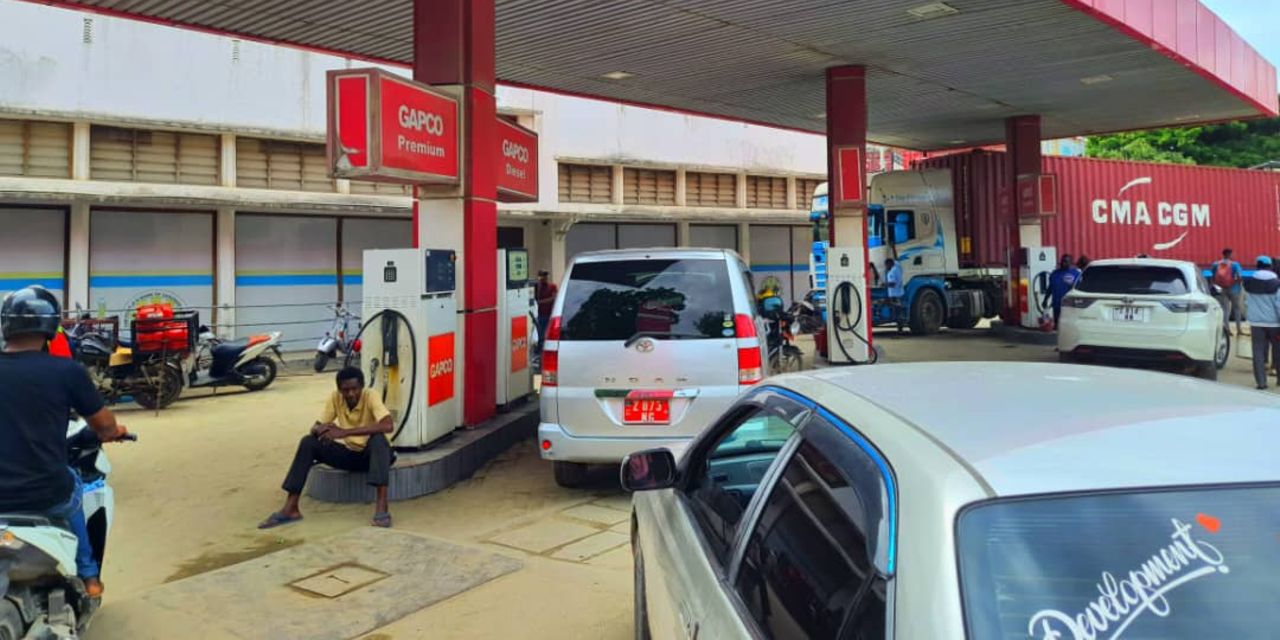Zanzibar hit by two-day fuel shortage, disrupting businesses

Unguja. Zanzibar has been grappling with a petroleum fuel shortage for the past two days, causing inconvenience to residents.
The problem started on April 14 and continues today, April 16. Many fuel stations have been observed with fewer staff and activity than usual.
The situation has led to a sharp rise in bodaboda (motorcycle taxi) fares for intra-city routes. Mwananchi Digital reported a Sh1,000 increase, with a trip from Michenzani to Malindi now costing Sh3,000 instead of the usual Sh2,000.
The Zanzibar Water and Energy Utilities Regulatory Authority (ZURA) acknowledged the challenge, stating that all stations in Zanzibar are affected.
In a media statement, ZURA explained that the delay of a fuel tanker caused the shortage. The tanker, which had gone to load fuel at Tanga Port for delivery to the islands, has arrived.
Ali Ismail, a tourist transport operator, has been unable to work since Monday due to a lack of fuel in his car. He had four bookings to pick up guests and take them to hotels, but the shortage forced him to cancel, leaving his clients stranded.
"These unforeseen issues significantly impact us," Ismail said. "A fuel shortage in Zanzibar hinders economic activity and reduces government revenue through taxes. The authorities need to find a solution to prevent such occurrences."
The shortage has also impacted fuel station owners. One owner, who requested anonymity, said service has been slow for the past three days, with petrol availability uncertain. Many customers have left without being served, causing frustration.
He added that the situation is hurting his business financially. Since employees are paid monthly, they still expect their salaries despite not working due to the shortage.
"As you can see, there are only a few workers here. Many are at home with nothing to do. But come month's end, they all expect their pay. I can't refuse to pay them simply because there wasn't fuel," he explained.
Ali Abdala, another resident, was late for work after his car ran out of fuel on the way. He had planned to refill at the Mtoni station but was caught off guard by the shortage, therefore was forced to leave his car by the roadside.
Abdala emphasised the need for better organization by the authorities to prevent such disruptions. "Many people rely on transportation to get to and from work. These situations can't be happening," he said.
Abdala was forced to use bodaboda to get to work on time, fearing repercussions from his employer for being late.

